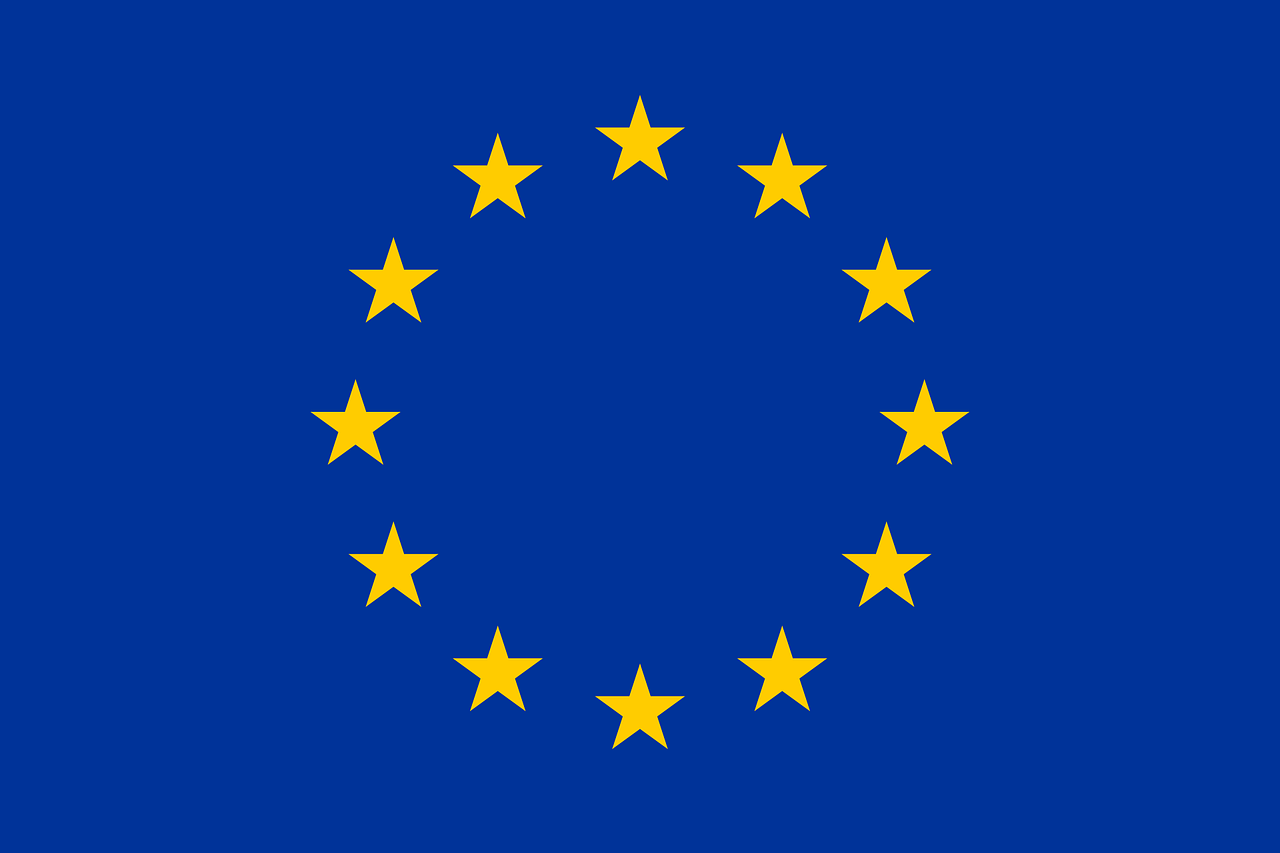Letter of Intent
On Wednesday 14th September, the EU executive laid out plans for an initiative on the Metaverse, that three-dimensional world based on blockchain technology that utilizes virtual reality (VR) and augmented reality (AR) headsets coupled with that utopian idea of decentralization.
And although we’re not quite there yet, there are plenty of iterations of what that could be with the metaverse platforms offered by the likes of Decentraland, Sandbox, Axie Infinity, Bloktopia, and Mark Zuckerberg’s Meta.
“We will continue looking at new digital opportunities and trends, such as the metaverse,” wrote Commission President Ursula von der Leyen in a letter of intent that accompanied her State of the Union annual speech, though the letter gives away few details on how the EU will act.

As well as the environment and the economy highlighted as important issues in the letter of intent for 2023, the Commission President realizes Europe must adapt for the digital age, particularly in the metaverse and how it should be regulated, with users’ safety regarding content moderation and making sure platforms are built on open and interoperable protocols.
“Made in Europe”
Thierry Breton, the European commissioner for the Internal market, wrote today in a LinkedIn blog post, A European Sovereignty Fund for an industry “Made in Europe”, that “Europe must adapt to the new global realities.”
With a war raging in Ukraine and Europe hit by record rates of inflation, it seems that talk of the Metaverse is ill-timed; yet, the Bloc is sure that regulatory matters — and how to rein in the monopolists who see the Metaverse as just another extension of their Web2 fiefdom — will be important issues in the foreseeable future.
“This is about building a better future for the next generation and making ourselves more resilient and more prepared for challenges to come,” the Commission President wrote, noting sustainability and digitalization as two key issues.
“This includes implementing the landmark agreements on the Digital Markets Act (DMA) and the Digital Services Act (DSA) which saw the EU take global leadership in regulating the digital space to make it safer and more open,” she continued, before adding: “We will continue looking at new digital opportunities and trends, such as the metaverse.”
In another recent blog post, People, technologies & infrastructure — Europe’s plan to thrive in the metaverse, Breton wrote:
“Our European way to foster the virtual worlds is threefold: People, technologies and infrastructure. This new virtual environment must embed European values from the outset. People should feel as safe in the virtual worlds as they do in the real one.
Private metaverses should develop based on interoperable standards and no single private player should hold the key to the public square or set its terms and conditions. Innovators and technologies should be allowed to thrive unhindered.”
Are you listening, Meta?
To learn more about Metaverse Virtual Worlds, check out this post.
For more market insights, check out our latest Digital Twin news here.













